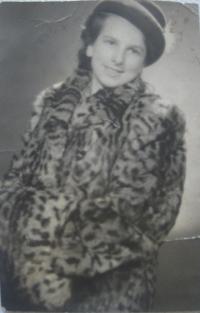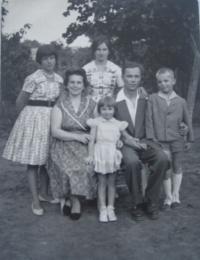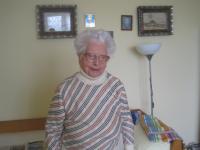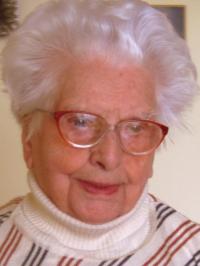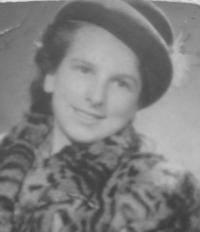There are jobs, empty apartments, lots of furniture…
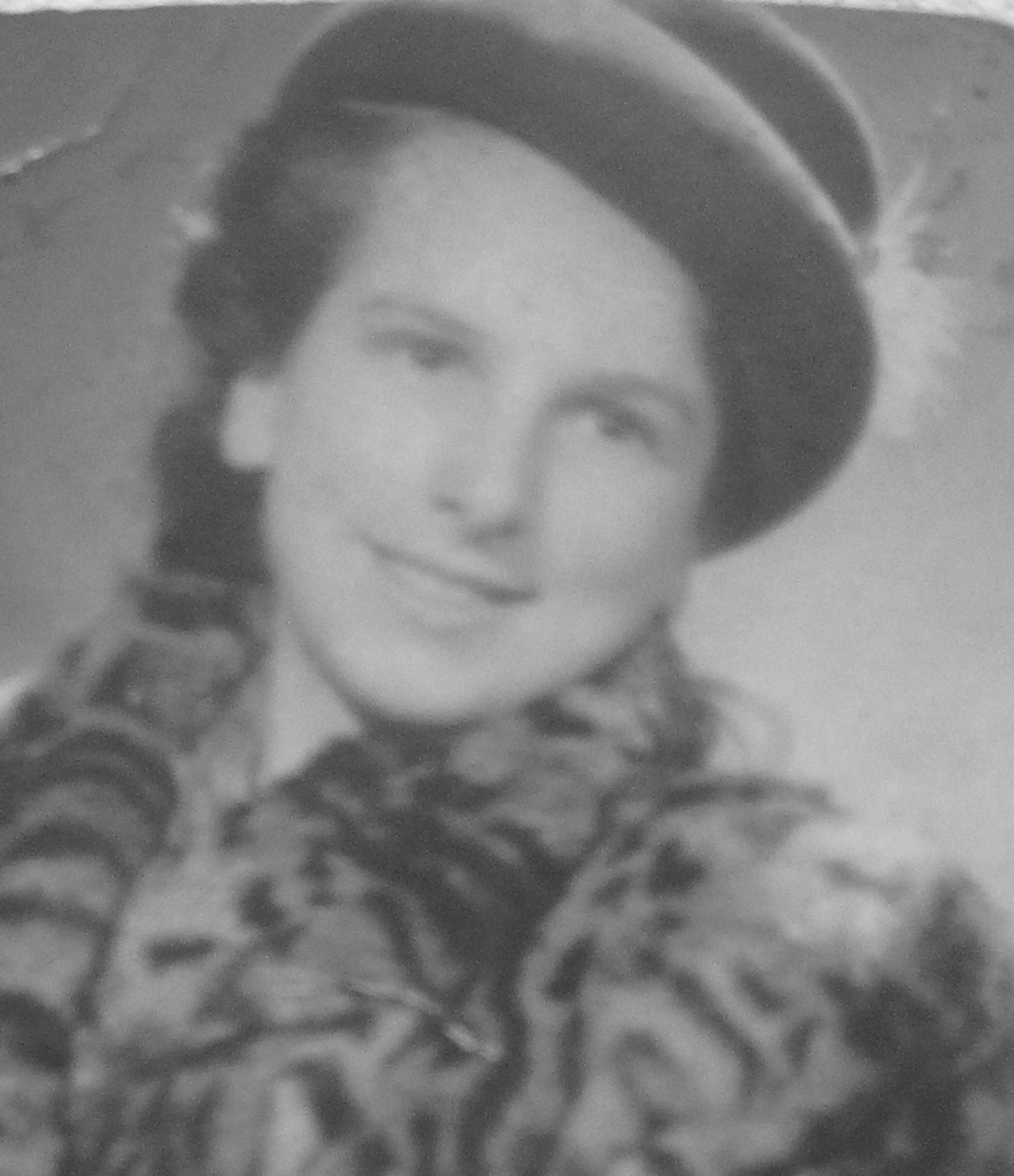
Stáhnout obrázek
Gizela Boriková, née Meszárošová, was born October 12, 1927 in Bratislava. She came from a large Hungarian family that lived in the village Takšoň (present-day Matúškovo) in the Galanta district in southern Slovakia. Her parents Julius Meszároš and Gizela Lenártová farmed on a large farm. Gizela and her five siblings helped with farm work. After elementary school Gizela studied the lyceum in Nové Zámky, but she did not finish her studies because schools in Slovakia were closed down in 1944-1945 and the buildings were converted into military hospitals. In autumn 1946 she married Štefan Borik and together they went to settle the abandoned Sudeten region. They found a place to live in Stará Role near Karlovy Vary and they began working in the local porcelain factory Bohemia. Gizela‘s parents and her siblings were relocated from Slovakia to Hungary in November 1947 due to their Hungarian origin and they were exchanged for Hungarian Slovaks who were repatriated to Czechoslovakia. Gizela had two daughters and one son, and for about nine years she stayed at home as a housewife and she was taking care of the children. In 1955 she began working as a shop assistant in a grocery store in Stará Role. She also completed her formal education and she earned a vocational certificate as a shop assistant. Her youngest daughter was born in 1956. When her maternity leave ended, she began working as a shop assistant in a butcher‘s shop which was run by the state-owned company Pramen and she worked there until her retirement in 1981.
